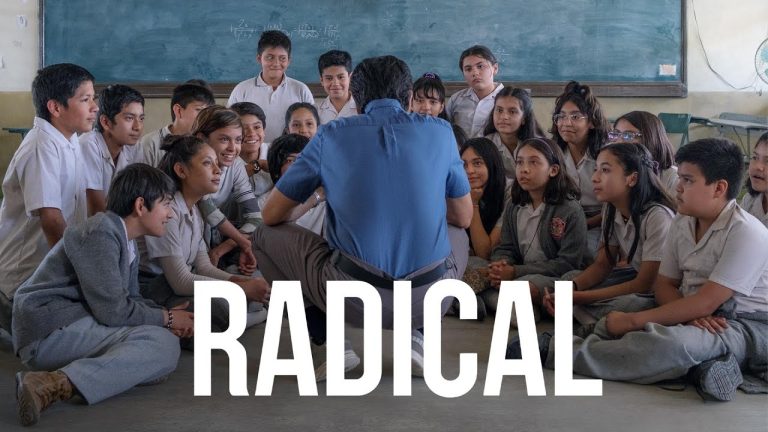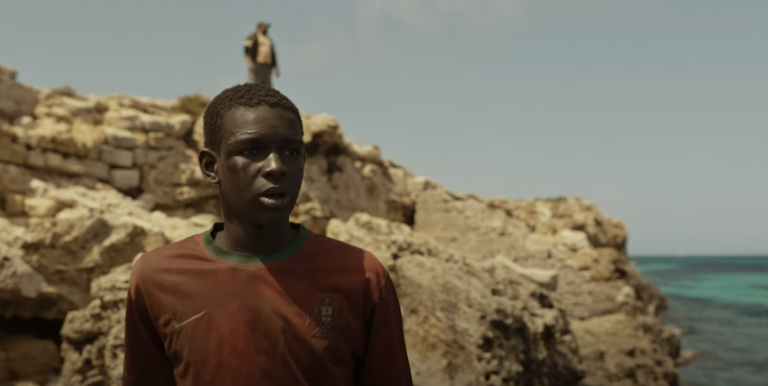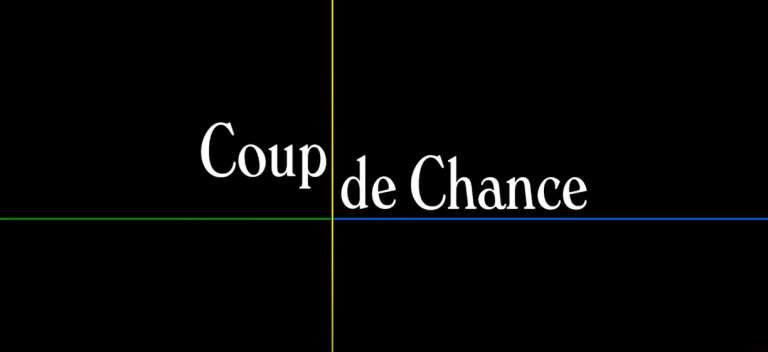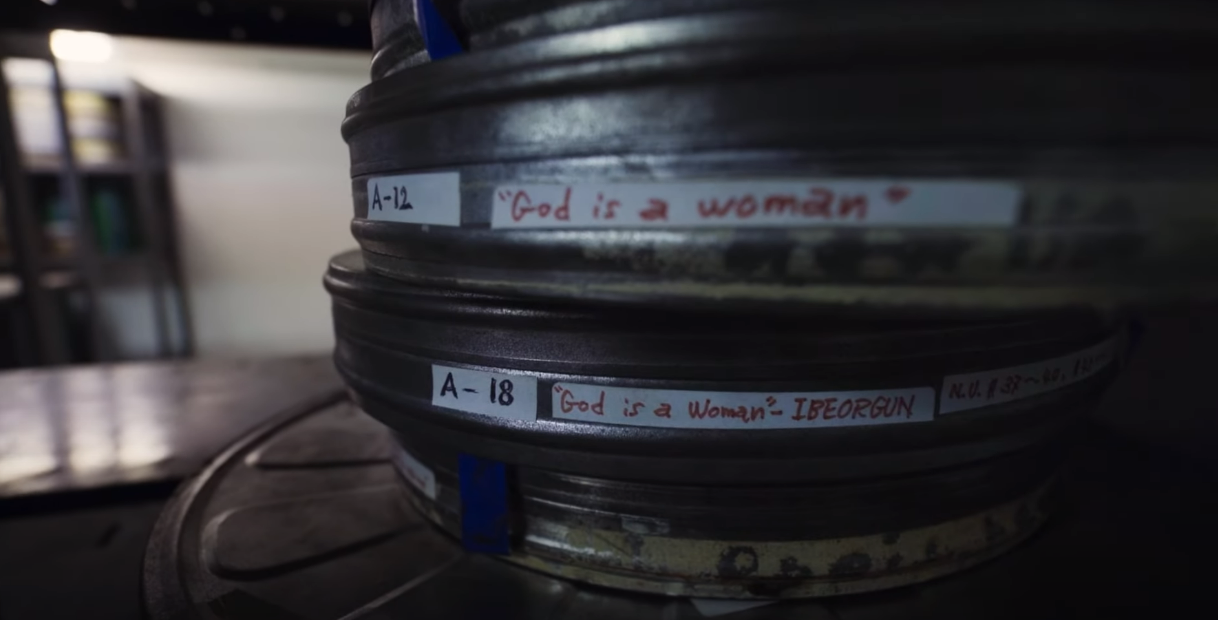
“God is a Woman,” a compelling documentary showcased at MAMI 2023, offers a captivating exploration into the themes of history, identity, and cultural reclamation. Directed by Andrés Peyrot, the film takes audiences on a poignant journey as Panama’s Kuna community embarks on a quest to reclaim their lost heritage, as depicted in a forgotten 1970s documentary.
Through the lens of director Andrés Peyrot, viewers are guided through the intricate complexities surrounding the ownership of cultural narratives, raising profound questions about who holds the rights to a story — the creators, the financiers, or the subjects themselves.

At the heart of “God is a Woman” lies the discovery of a neglected documentary, “God is a Woman,” originally crafted by French filmmaker Pierre-Dominique Gaisseau. This rediscovery serves as a catalyst for Peyrot’s exploration into the significance of cultural ownership and the ramifications of historical misrepresentation.
The Kuna people, the focal point of Gaisseau’s film, find themselves in a state of anticipation as they await access to the footage that encapsulates their rich heritage. However, their hopes are dashed when the bank seizes control of Gaisseau’s project, leaving the Kuna community severed from their own narrative and disconnected from their cultural roots.
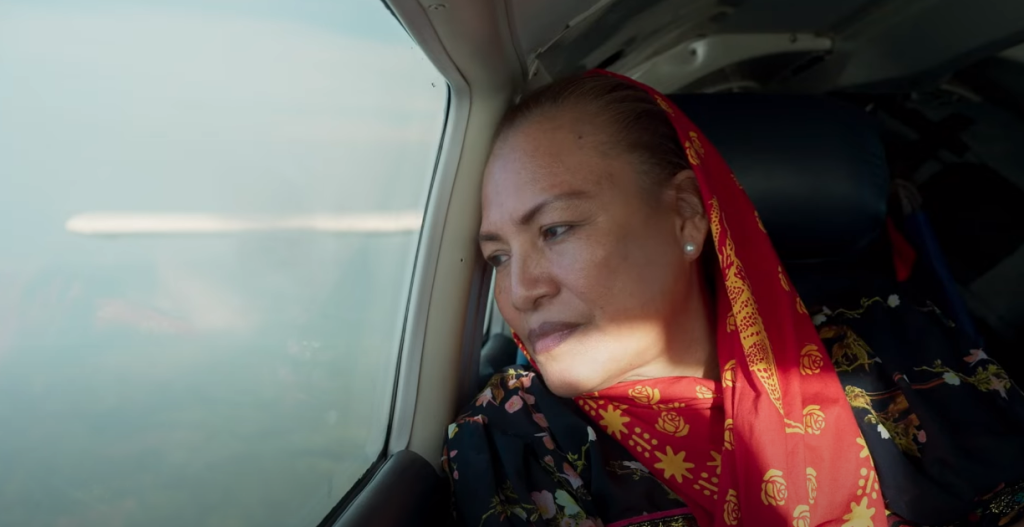
“God is a Woman” artfully chronicles the emotional odyssey undertaken by the Kuna people as they endeavor to reclaim their rightful place as custodians of their own story. Through interviews, archival footage, and intimate moments of reflection, the documentary unveils the profound impact of cultural erasure and the resilience displayed by the Kuna community in their pursuit of reclaiming agency over their heritage.
In its review, “God is a Woman” is hailed for its portrayal of the Kuna community’s unwavering resilience in the face of adversity. While the vintage footage offers a glimpse into the vibrant tapestry of Kuna culture, it also exposes the inherent limitations of its Western perspective. The title itself, inherited from Gaisseau’s work, serves as a poignant reminder of the complexities that arise when attempting to encapsulate the spiritual beliefs of a culture through a lens shaped by Western ideologies.
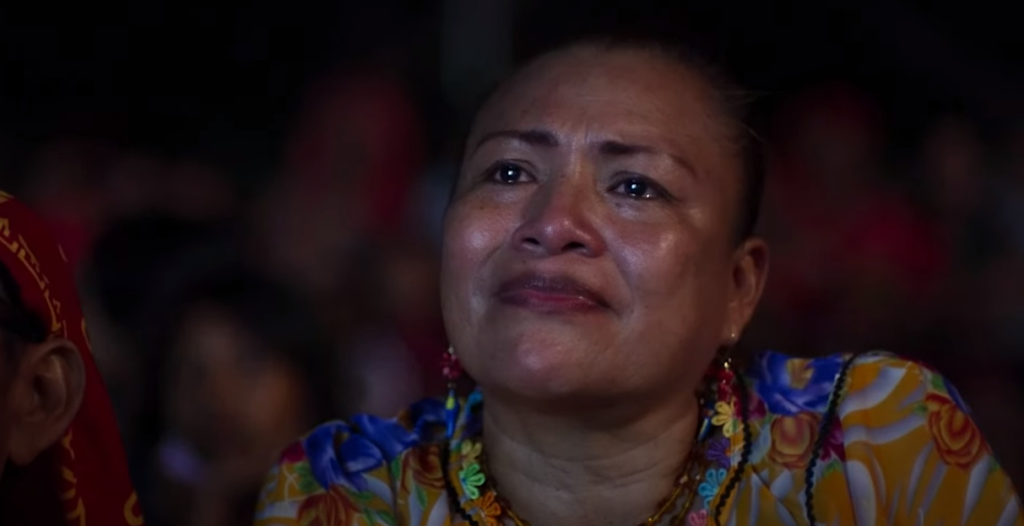
In essence, “God is a Woman” emerges as a testament to the enduring power of storytelling and the transformative potential of reclaiming one’s narrative. Through Peyrot’s lens, audiences are invited to bear witness to the triumph of the human spirit as the Kuna community emerges from the shadows of historical obscurity, reclaiming their identity with dignity and pride.
| Aspect | Description |
|---|---|
| Filmmaking Approach | Peyrot’s approach contrasts with Gaisseau’s distant observation, engaging in a dialogue with the Kuna community. Through interviews with elders and collaboration with young filmmakers, the documentary builds a bridge between external views and the community’s desire to tell their stories. |
| Elements Incorporated | “God is a Woman” interweaves various elements, including traditional Kuna rituals, contemporary art expressing anger, and personal histories. This diverse blend emphasizes the importance of Indigenous voices in storytelling. |
| Perspective on Gaisseau’s Work | While appreciating the historical value of Gaisseau’s work, the Kuna people challenge its lens, asserting their agency in shaping their narrative. |
| Climactic Moment | The emotional reunion of the Kuna community with Gaisseau’s footage serves as a poignant moment of reclamation, symbolizing their ownership over their history and identity. |
| Review | Celebrated for its exploration of cultural ownership dynamics and the resilience of Indigenous communities, “God is a Woman” is hailed as a compelling and empathetic narrative, shedding light on the struggle for self-representation. |



